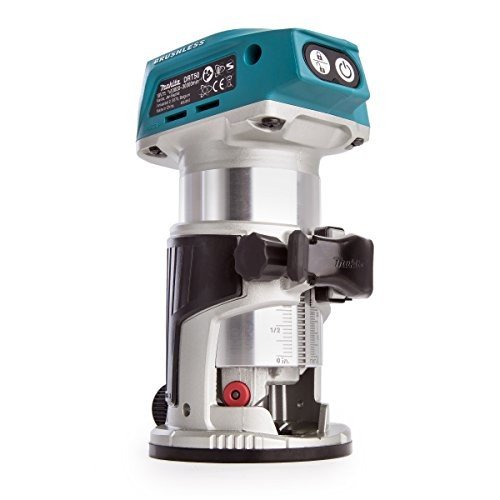Choosing Power Tools For Sale
If you're an experienced professional or just beginning your journey choosing the right power tool for your project is critical. Make sure you have a solid warranty policy and battery compatibility.
Mike Karch, the president of Nue's Hardware and Tools, in Menomonee falls, Wisconsin, is a specialist in Dewalt and professional-grade power tool brands. power tools deals has found that the focus on a brand can help him attract contractor customers.
Brand
Brands play a major role in determining the price of power tools as well as the features they provide. Power tools specifically designed for professionals could cost three times the price of DIY models. They also come with a warranty of one year. The top brands are focused on a niche in the market (metalworkers appreciate Milwaukee; carpenters like DeWalt) and others provide various tools for homeowners, like Ryobi and Black & Decker; and some power tool makers focus on industrial or commercial applications, like Metabo. Certain battery-powered power tool interfaces aren't compatible between manufacturers (even within the same product line) this can result in vendor lock-in. However there are adapters from the aftermarket available that allow you use batteries from various brands with their tools.
Power
Power tools are hand-held, mechanized devices powered by an internal combustion engine or an electric motor. They can be used to cut down on the amount of manual labor required and automate manual processes. They are utilized in construction, renovation, gardening, housework, carpentry, as well as engineering projects like wiring, building, metal fabricating, and electrical engineering. They can also be used to improve the quality of finished products and boost productivity.
There are a variety of power tools that are that are available, each with their distinct features and specifications. Take into consideration the type of project that you will make use of it when choosing a powertool. A cordless power tool, for instance, is great for working in tight spaces without worrying about tripping on extension cords. The dimensions of the tool must be considered as well, as some are larger than others. Select a tool that is simple to use and comfortable in the hand.
It is crucial to remember that you must be equipped with the appropriate safety equipment for using a power tool. This includes eye and hearing protection mask and gloves. Certain power tools also require dust collection systems. They might include ports built-in that connect to a shop vacuum hose or are compatible with external dust collection systems.
When selecting a battery-powered power tool, you should choose a brand that is compatible with other batteries made by the same manufacturer. Different power tools powered by batteries typically have different interfaces. This could cause issues if you try to use them together. In addition, some adapters made by the aftermarket allow users to use different power tool brands' batteries, but they can affect the batteries' safety and monitoring systems.
Size
Power tools are available in a range of models, from lightweight tools designed for DIY to professional-grade tools capable of dealing with the demands of a job site. Both amateur and professional users need to be able maneuver and operate equipment easily without causing injury or strain. The size of the tool can also affect its ability to be transported and stored. Certain power tools come with extended warranties or service agreements which can be appealing features for some buyers.
In the top-selling brands of the Total Power Tools category, DeWalt had the highest unit share of 17% and also saw an increase in its share year-over-year. Ryobi and Craftsman had both displayed a strong consideration rate despite their share of market share fell significantly.
The majority of sales are conducted in big-box stores, such as Lowe's and Home Depot. In-store sales increased slightly but were offset by a larger increase in online purchases. The average price online is lower than in-store but remains close to the industry average.
Warranty
A good warranty for power tools can provide peace of mind. Most manufacturers offer some type of guarantee, but a few stand out in their commitment to their customers. Ridgid for instance goes beyond the industry standard by offering a Lifetime Service Agreement. This means that the original owner of any Ridgid tool will not be charged for repairs or a replacement, no matter the time it occurs. This is a huge benefit for smaller companies who rely on their tools to stay productive.
The length of a tool's warranty can also be a factor. High-end tools usually come with longer warranties, while lower-end tools may have shorter warranties. Even the mid-range models will last a long time if they are maintained when maintained properly and with regular use.
When selecting a power tool, look for one that comes with a guarantee that is appropriate for the type of work you do. If you're a homeowner, for instance, you may need a less extensive warranty than when you were a contractor. The warranty should be easy to understand and should include an address that can be contacted quickly if you encounter any issues.
Milwaukee, for example, offers a five-year limited warranty that covers any defects in the materials and workmanship. However, it doesn't cover normal wear and tear, misuse, alterations, neglect, and lack of maintenance. The warranty does not include battery packs, chargers or bits and knives. The team at the company is willing to help customers determine the coverage of the warranty based on their intended use. They can also guide customers through the process of getting a repair or replacement. Most warranty claims don't require receipts.

